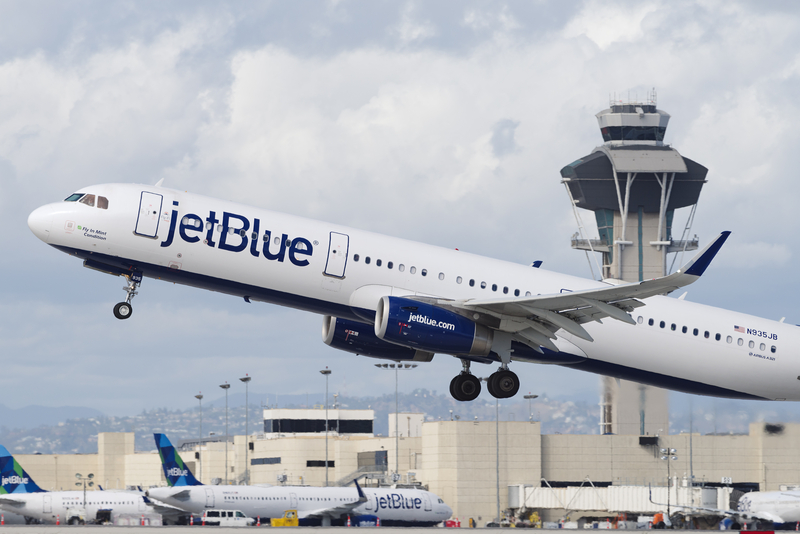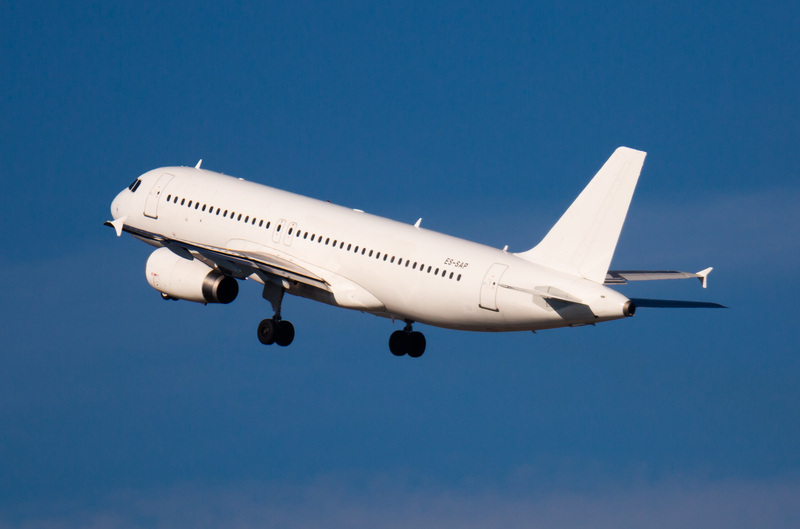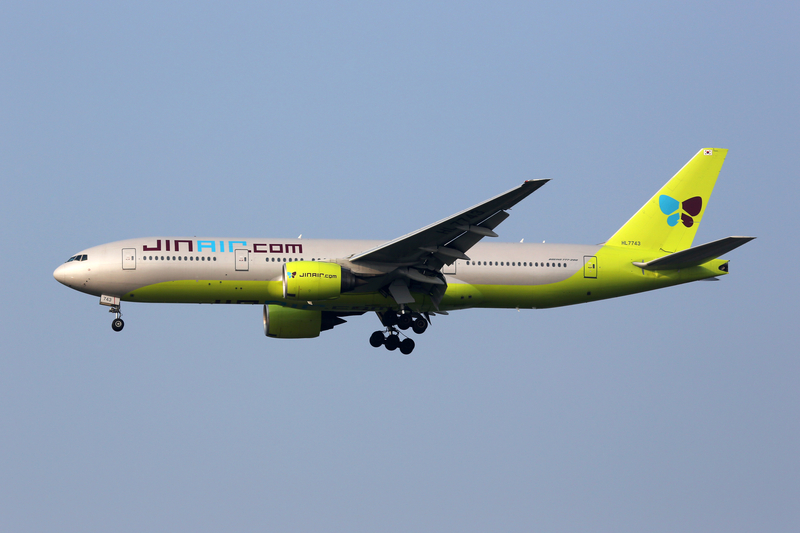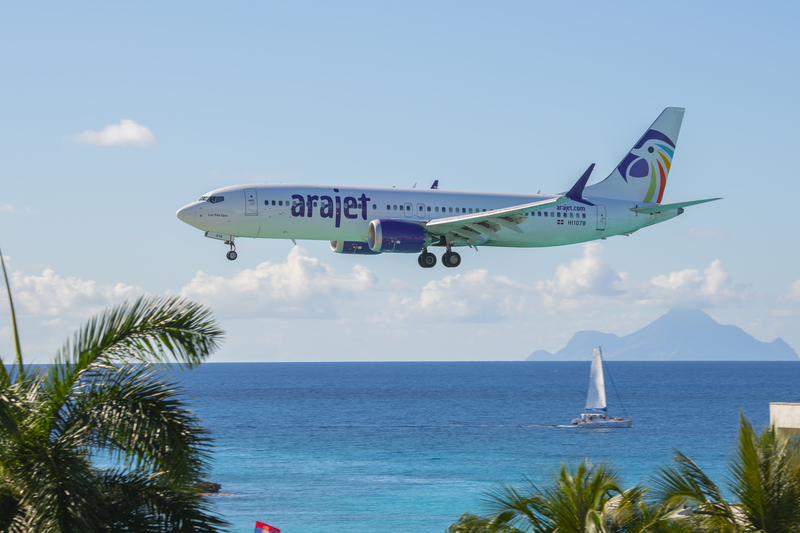JetBlue Discontinues London Gatwick to New York Route Amid Strategic Network Realignment

ID 112212154 | Airport © Ajdibilio | Dreamstime.com
JetBlue Airways has announced it will discontinue its London Gatwick (LGW) to New York JFK (JFK) route in the summer of 2025. This decision comes just three years after the airline launched its ambitious transatlantic service, marking a significant shift in the airline’s international strategy as it focuses on optimizing capacity and meeting evolving demand patterns.
The cancellation of the Gatwick service reflects JetBlue’s strategic effort to streamline its operations and concentrate resources on more profitable routes while continuing to offer transatlantic connectivity through London Heathrow (LHR).
Background on JetBlue’s London Expansion
JetBlue’s entry into the transatlantic market was widely anticipated and celebrated when it launched daily flights from New York JFK to London Gatwick in 2021. The move represented the airline’s first major foray into long-haul international travel, utilizing its brand-new Airbus A321LR aircraft, equipped with the airline’s popular Mint business-class cabins and a well-regarded economy service.
The service was part of a dual-airport strategy for JetBlue, offering flights to both London Gatwick and London Heathrow to provide passengers with more choices when traveling between New York and the UK. Gatwick, known for its lower operational costs compared to Heathrow, was seen as an opportunity for JetBlue to offer competitive fares while maintaining high-quality service.
Shift in Strategy and Focus on Heathrow
Despite the initial success of the Gatwick route, JetBlue gradually scaled back operations, converting the route to a seasonal service in August 2024. The airline has now decided to fully discontinue flights to Gatwick by the end of the 2025 summer season. JetBlue will, however, maintain its twice-daily New York JFK to London Heathrow service and its daily Boston (BOS) to Heathrow route.
JetBlue’s decision to focus on Heathrow aligns with passenger demand trends. Heathrow remains the preferred airport for business travelers and premium passengers due to its proximity to central London and superior connectivity to global markets. The Heathrow routes also benefit from higher yields and more consistent demand, making them more sustainable and profitable for JetBlue in the long term.
Challenges in the Transatlantic Market
The transatlantic market remains highly competitive, dominated by established carriers like British Airways (BA), Virgin Atlantic (VS), and major alliances such as oneworld, Star Alliance, and SkyTeam. JetBlue’s entry into this market came with challenges, including the volatility of post-pandemic travel demand, rising fuel costs, and increased operational expenses.
Additionally, slot constraints at London airports and fluctuating demand for leisure and business travel have forced JetBlue to make tough decisions regarding its network. While Gatwick offered a cost-effective entry point, it ultimately did not generate the sustained demand necessary to justify continued operations.
Customer Impact and Future Plans
For passengers who have relied on JetBlue’s Gatwick service, the airline is offering alternatives through its Heathrow routes. JetBlue remains committed to providing its signature transatlantic experience, including the popular Mint business-class product and enhanced economy offerings. Customers will continue to benefit from competitive fares, modern aircraft, and excellent in-flight service.
JetBlue’s Airbus A321LR fleet, which was specifically designed for long-haul narrowbody operations, will continue to operate the Heathrow routes. The airline’s future plans may include exploring additional European destinations, as it continues to evaluate opportunities for growth and profitability in the international market.
Bottom Line
The decision to end the London Gatwick to New York JFK route reflects JetBlue’s strategic realignment in a challenging and competitive market. By focusing on London Heathrow, the airline aims to consolidate its transatlantic operations, prioritize high-demand routes, and ensure long-term sustainability.
While the Gatwick route’s closure may be disappointing for some travelers, JetBlue’s commitment to offering affordable, high-quality transatlantic service remains steadfast. As the airline continues to evolve, passengers can expect JetBlue to adapt and innovate to meet the changing dynamics of international air travel.





